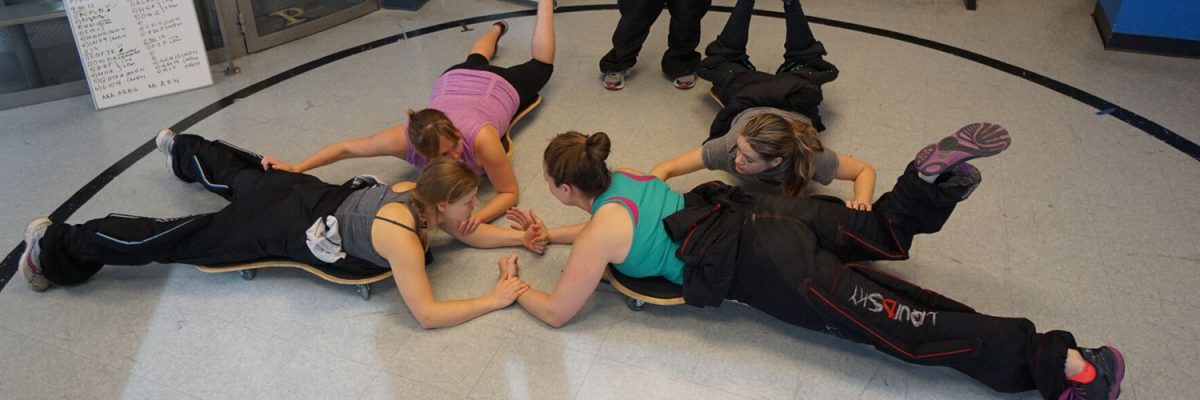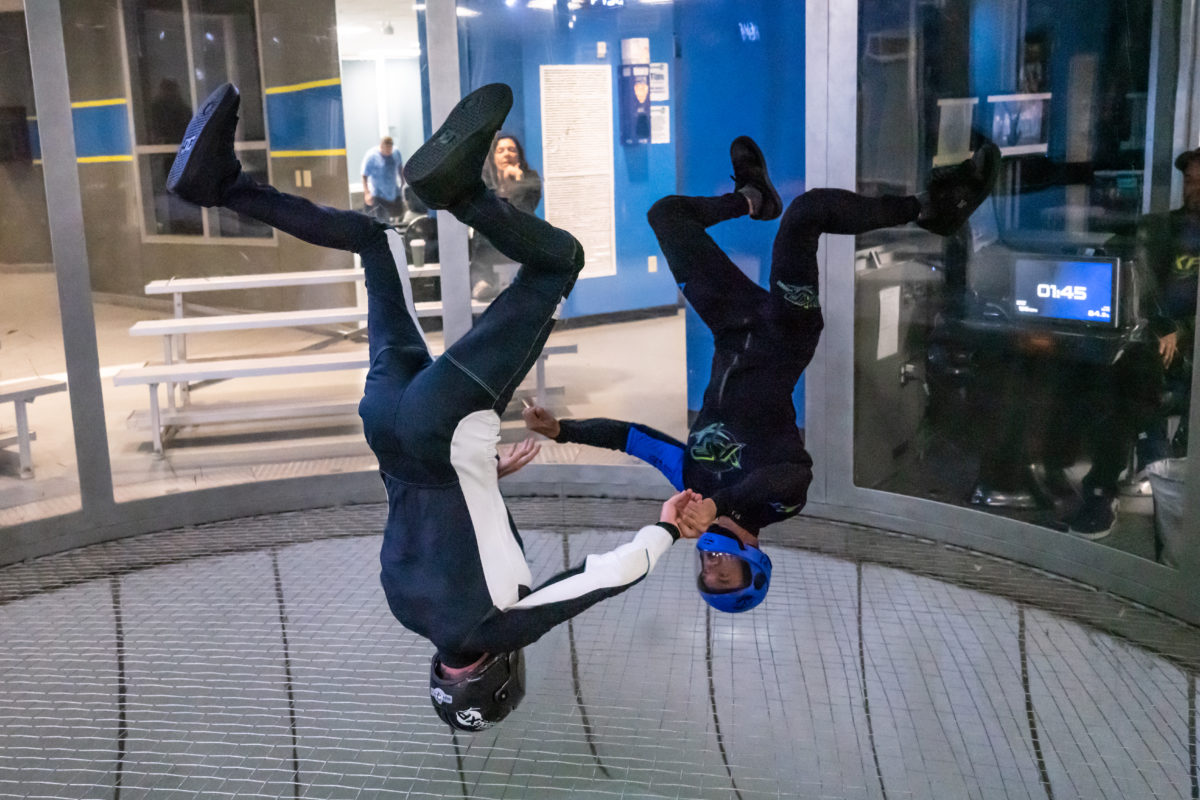
Ways To Increase Your Indoor Skydiving Strength And Stamina
Friday, September 18, 2020
- Team XP
- 9/18/20
- 0
- Indoor Skydiving
Indoor skydiving is now a sport in its own right. While indoor flying technique will always be connected at a basic level to traditional skydiving, tunnel flying has progressed to the point where it has its own specific training methodologies. Skydiving happens pretty quickly, with the freefall part of the jump taking about one minute. Wind tunnel training allows for much longer training intervals and thus rapid progression, something for which a good level of overall fitness will help a great deal.
General Fitness
You don’t have to be one of those super-fitness humans to train for indoor skydiving skills. But like with many things, developing strength and stamina will help you learn indoor skydiving faster, enjoy it even more, and recover quickly between sessions.
Core Strength Fundamentals
Indoor Flying in a precise and controlled manner has a lot to do with the center mass of your body, and strength in this area is a fundamental asset that helps with all disciplines and orientations. Think of core strength as like the rigid chassis of a car — a stable platform on which to build. Your arms and legs are the wheels. If your chassis is not rigid and wiggles around unmanaged, then you are not going to be in full control of where your wheels go.

Does Stretching Help?
While there is a gymnastics element to bodyflight that the fanciest practitioners pursue, being super flexible is not a requirement to become a good flyer. Stretching out is good for many reasons, though, as it adds to your general fitness and body awareness and warms you up before going into the tunnel to help avoid aches and strains.
Also, while not being bendy will not exclude you from progressing as an indoor flyer, many of the moves will look nicer and feel good to perform if you have access to a wider range of movement. Stretching regularly, and always before you start indoor skydiving, will help a lot.
Is Strength Training Necessary?
Body strength almost always helps, with most things. You certainly don’t need to be a hard-core bodybuilder to learn indoor skydiving and fly well, but a certain physical fortitude is part of the overall recipe required to progress through the more demanding orientations and transitions.
Lifting weights in a gym to develop muscle is good if you have access to one, but simple bodyweight exercises such as push-ups and pull-ups are a great (and free) option. For a middle ground between the two, there are things like resistance bands you can hang up and use wherever you are — like at the tunnel!
Exercises to Increase Body Awareness
Indoor skydiving training is about putting the parts of your body into the correct place to achieve the desired effect. Bouncing air off your surfaces at different angles to generate lift and movement is more precise with a better awareness of your physical form. Swimming is great. Not only for overall strength and health but also for your awareness of your body in terms of position and orientation.
If there is one single thing to choose from that will help in all the areas you need to consider, swimming is it. Yoga is good too, as it is basically stretching and breathing. Indoor skydiving works best by staying calm and measured, and yoga can be excellent not only for strength and awareness but also for personal stillness.
Technique
Good bodyflight technique is about using the smallest amount of energy and movement possible to achieve the desired result. Being fit will help you, and some strength will add to your process – especially at the beginning while learning how to do it.
Ultimately, proper technique is the most important part of the equation. Your understanding of how things work leads to more efficient flying. Developing your strength and stamina is what helps you to access these proper techniques in the first place.
Indoor skydiving is an immensely exciting sport that is only getting more popular as the industry continues to grow. Learning to fly your body in the tube is hugely rewarding and as challenging as you care to make it. If you are already involved, great! If you are yet to start, do not delay!
Copyright © 2025, Paraclete XP Indoor Skydiving, All Rights Reserved.
DropZone Web Design & Marketing by Beyond Marketing, LLC
